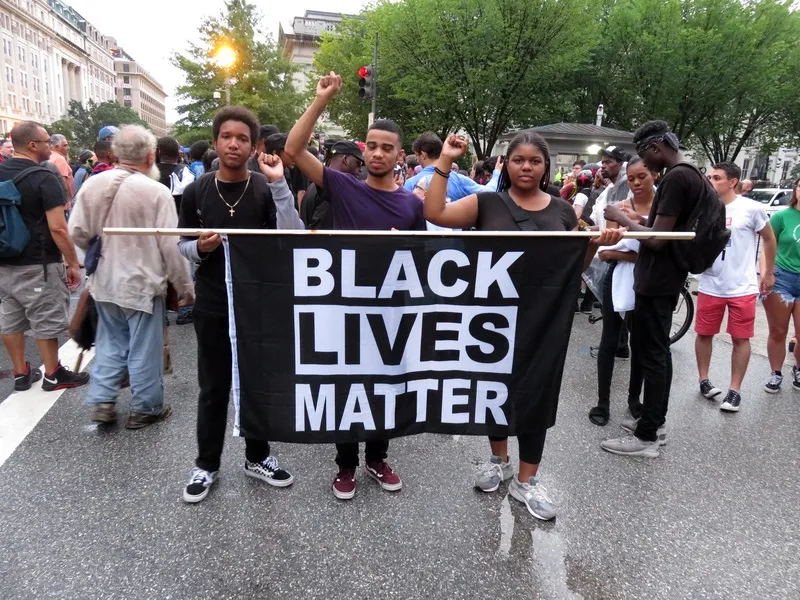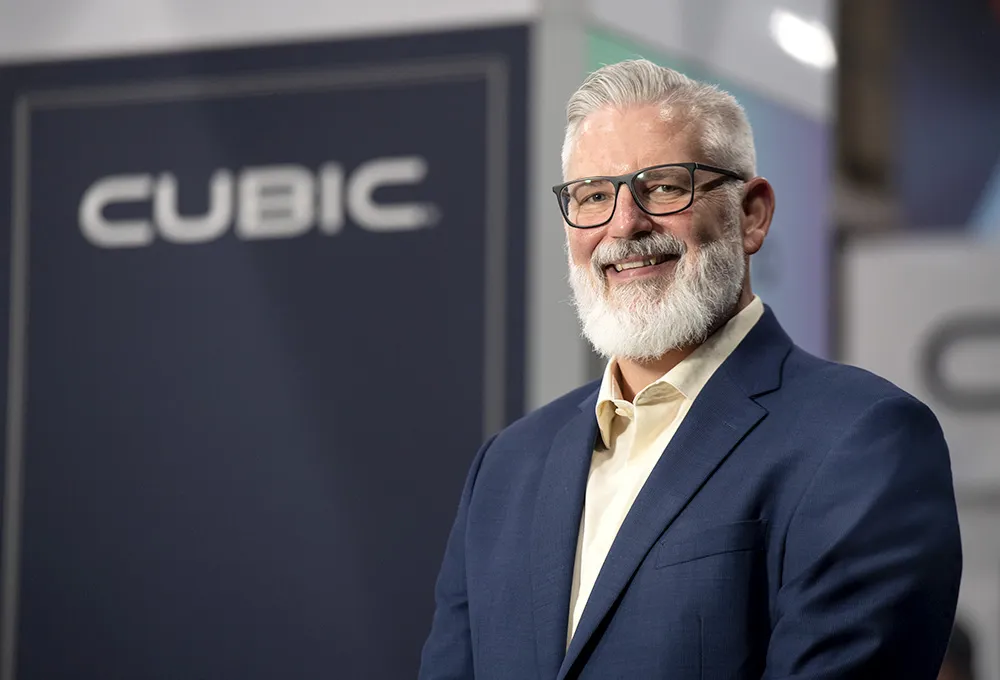
Transit agencies are faced with difficult decisions over how to schedule services in cities where demonstrations prompted by the death in US police custody of George Floyd are taking place.
Global protests led by campaign group Black Lives Matter, while largely peaceful, have at times erupted into violence.
Over the last 10 days, some urban services have been shut down to preserve the safety of staff – leaving passengers stranded at times.
Jarrett Walker, public transportation consultant and author of Human Transit, writes: "As someone who shares the goals of these protests, let me gently lay out why this is so difficult for transit managers."
"This is not to defend or uphold any particular choices any agency has made. The debate about this is urgent and important. My only point is that it isn’t easy or obvious what transit agencies should have done. It was absolutely not OK that people were stranded, and there needed to be a solution for that, but the actual solution isn’t so obvious."
He points out that bus drivers might not be comfortable "being told to drive into an area where civil unrest is likely and there is some risk of violence".
Likewise, managers might understandably not wish to risk damage to the fleet, "thus making normal service impossible" anyway.
In fast-moving, unpredictable situations it can be near-impossible to predict what will be a 'safe' area for transit from minute to minute.
"These are not obedient events," Walker writes. "They can rove fast and unpredictably. They can even erupt from nothing where they weren’t planned at all."
He also highlights the fact that "good transit networks are all interconnected and interdependent".
"You can’t just turn off a piece without it having a huge effect on the rest. This is especially true when that piece is downtown, where lots of lines meet or flow through."
Buses are also constricted by their size, making some detours impossible.
"All this has to be figured out in real time by staff who probably support the demonstrators’ goals, in a situation where they will be attacked for whatever they do," Walker says.
"They’re being criticised for holding back, but they’d also be criticised if the evening news were full of burning buses and injured drivers and passengers."
He draws a parallel with sudden service changes required by Covid-19: "These decisions were made fast by people who might have made better decisions on reflection, and will learn from this experience. But these decisions are hard."
Future planning for civil disturbances needs to "honour the limitations of each agency’s product and not expect the impossible from them, while also creatively addressing the challenges".
Of the Los Angeles transit agency's decision to reimburse people’s Uber, Lyft, and taxi rides from a demo after transport services were shut down, he asks: "Was that the right thing to do? Right now, give them credit for doing something."
And Walker concludes: "But please, don’t make these emergency decisions sound easy and obvious, because they aren’t."










